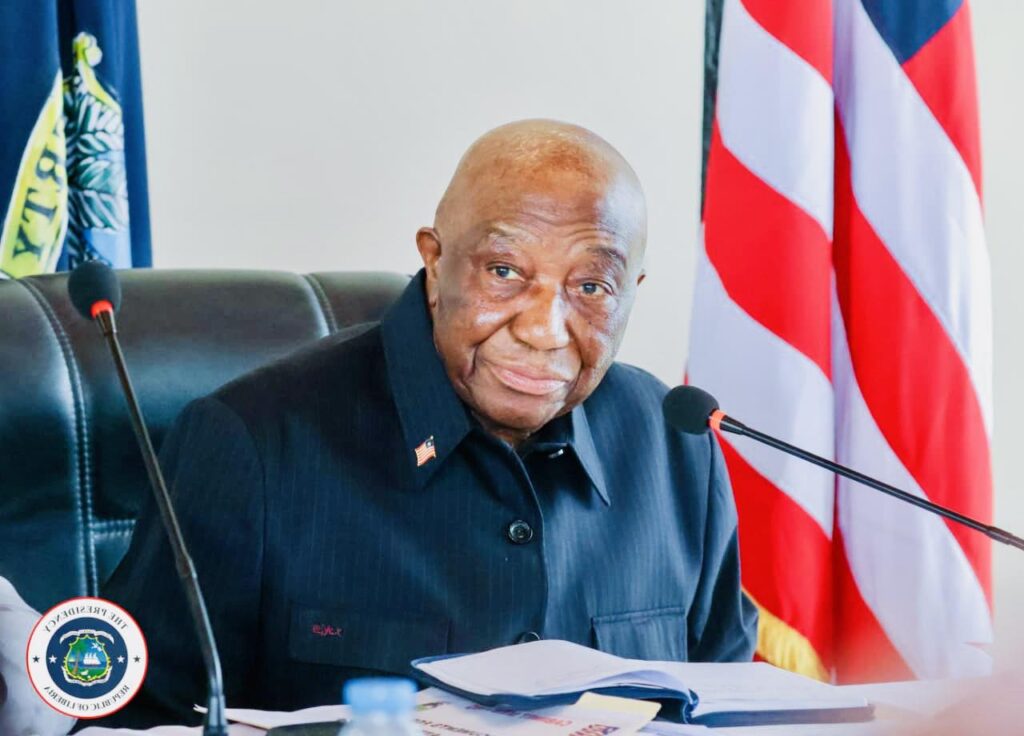President Boakai Submits Bill to Strengthen Tax Incentive and Expenditure Management Framework

October 28, 2025
By Lazota Bility
Monrovia: President Joseph Boakai has submitted a proposed bill to the House of Representatives seeking legislative approval to amend the Liberia Revenue Code.
The bill, titled “An Act to Amend Part I, Chapter 1 of the Liberia Revenue Code and Introducing a New Sub-Chapter D is intended to Establish a Legal Framework for Tax Incentive and Expenditure Management,”
The bill is aimed at promoting, transparency, accountability and fiscal discipline in the management of tax incentives and expenditures. According to President Boakai’s communication, the proposed legislation addresses longstanding gaps in the existing revenue code, particularly in the areas of classification, approval, administration, monitoring, and review of tax expenditures including exemptions, deductions, and other preferential treatments.
He noted that the current system has resulted in “significant revenue losses when measured against the benchmark tax system.”
The President emphasized that both domestic and international stakeholders have repeatedly called for reforms to ensure greater transparency and equity in the nation’s fiscal policies.
The proposed bill, he said, consolidates the legal and institutional mechanisms governing tax incentives and establishes a comprehensive framework for managing all forms of tax expenditures whether existing or newly granted under domestic legislation, ratified agreements, or international treaties.
Furthermore, President Boakai highlighted that the bill seeks to domesticate the decision adopted at the Ninetieth Ordinary Session of the ECOWAS Council of Ministers, specifically the directive on the harmonization of the methodology for evaluating tax expenditures across ECOWAS member states.
This move, he said, will enhance regional coherence and reinforce Liberia’s commitment to fiscal accountability. In closing, President Boakai urged members of the Legislature to act swiftly in passing the bill, describing it as a “decisive step toward reinforcing Liberia’s legal architecture for tax incentive governance and ensuring prudent management of public resources.”



